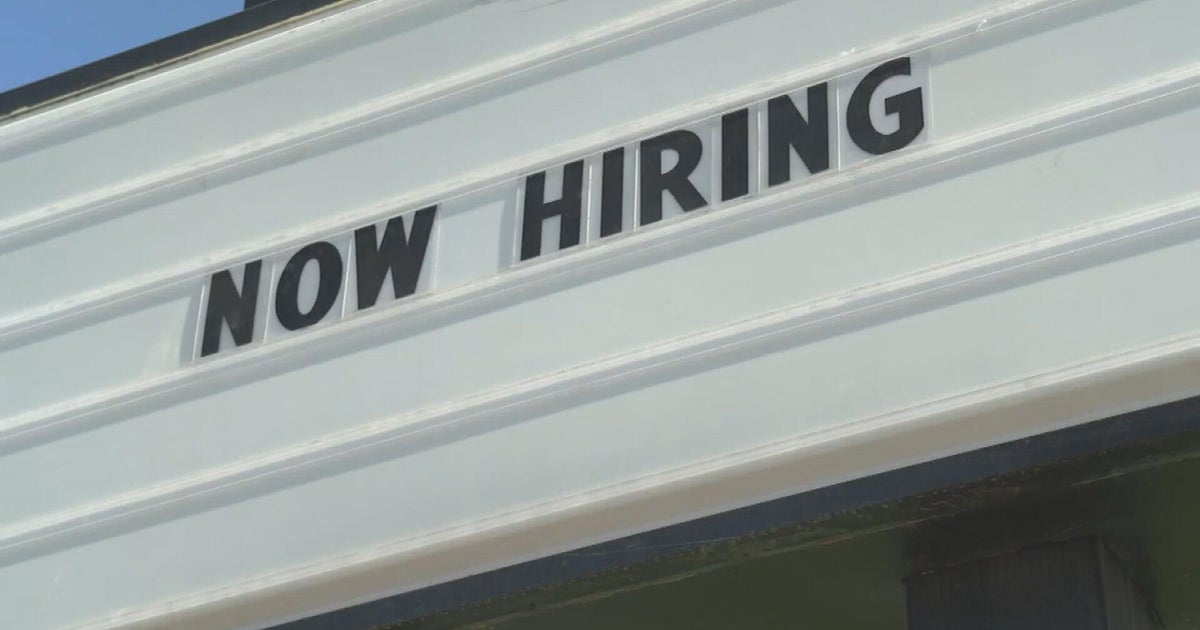How Could Your Money Make You Even More Money?
MINNEAPOLIS (WCCO) -- Rising federal interest rates could be an opportunity to grow your savings account -- if your money's in the right place.
So, should you switch banks? Good Question.
According to Value Penguin, the average interest rates on savings accounts at traditional brick-and-mortar banks are 0.01 percent. Compare that to the average at banks that only exist online: 1.9 percent. Since early 2018, the average savings accounts rates have risen with the rise in the Fed rate.
"You're not beating inflation, but it's a closer proposition at 1.9 percent," said Chris Moon, research analyst at Value Penguin.
That is why he and other experts suggest people look around for banks with better rates.
Over a year, that can mean the difference between a return of $1 versus $190 in an account with $10,000.
"I think with online savings accounts, they're trying to attract more money than brick-and-mortar," said Dustin Smith, a wealth counselor at Wealth Enhancement Group. "They also don't have the expense of having a brick-and-mortar on every corner."
Smith says people should consider switching accounts, but they have to think of two things before they take that step.
"The first step is what is the purpose of that money," Smith said.
He advises clients to use higher-yield savings accounts for emergency funds or as a down payment on a house – money that someone might need in the next few months or year.
The second is how often people would need to take money from the account. He says an online savings account might not the best place for money a person uses on a daily basis because it can be harder to access and, in some cases, there are limits on withdrawals.
Value Penguin's Moon says online banks have been getting much better about quicker access to money and now have partnerships with ATM operators to offer cash withdrawals with little or no fees.
"I tend to tell folks, keep your checking account at a brick-and-mortar bank," said Smith. "For your emergency funds, look towards the online savings account."
People can compare rates and fees at websites like Value Penguin and Bankrate.com.
Experts at NerdWallet say another thing to consider is convenience. While online banks could mean more convenience for some who prefer to do all their banking online, the lack of a building with employees to turn to might be difficult for others.
The safety measures in place at traditional banks are also in place at online banks. Almost all are FDIC-insured, which means if that bank goes under, a person would be insured up to $250,000.







